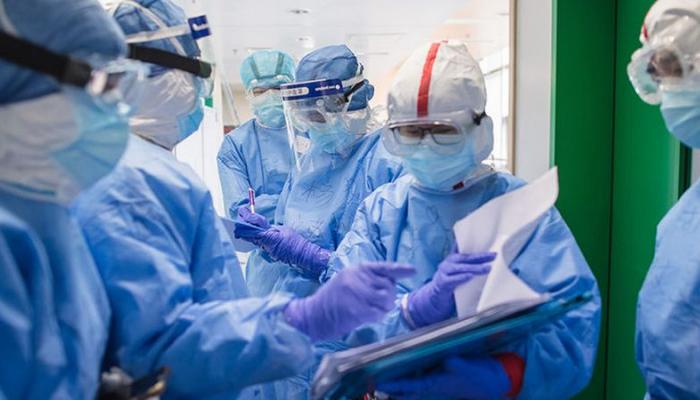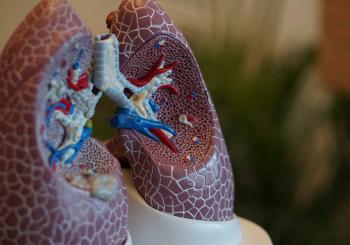
FREQUENT QUESTIONS :
1. What is this new virus ?
A novel virus originally identified in China in December 2019 was confirmed to be a new coronavirus, which was named 2019-nCoV. It is a member of a large family of viruses which include the previous SARS and MERS viruses.
2. What are coronaviruses ?
Coronaviruses are a group of viruses that usually cause respiratory infections with varying degrees of severity in both humans and animals. It is estimated that coronaviruses are responsible for a significant percentage of the common cold in adults and children.
3. Where did the virus originate from ?
The World Health Organization (WHO) is still investigating the source of the virus. Suspicions focus on a food and live animal market in the city of Wuhan, where the first confirmed case occurred.
4. What are the symptoms of the new virus ?
Patients may present with mild to moderate or severe infection including severe pneumonia, acute respiratory distress syndrome, sepsis and septic shock. The symptoms are similar to those of the common cold which include: fever, runny nose, cough, sore throat, respiratory distress and possible headaches. The virus has an incubation of 14 days.
5. Diagnosis and treatment ?
There is no specific treatment for this infection, therefore the general approach is based on clinical assessment of the condition of each patient individually. Supportive care measures including rest and maintaining adequate hydration are important. There is no effective vaccine yet available for 2019-nCoV virus infection.
6. Mode of transmissions and likelihood of human to human transmission ?
The virus was originally transmitted from animals to humans. Human-to-human transmission has also been confirmed. The coronaviruses is mainly transmitted through large respiratory droplets and through direct or indirect contact with infected respiratory secretions. Viruses have also been detected in blood, faces and urine. In some cases, transmission is airborne through inhalation of sprayed respiratory secretions.
7. How serious are infections caused by 2019-nCoV ?
This novel virus appears to be related to the 2003 SARS virus and shares similar characteristics. So far, the virus seems to cause from mild flu-like symptoms to severe viral pneumonia. Patients with long term conditions-(hypertension, heart disease, diabetes, hepatic or respiratory diseases) tend to be more vulnerable to serious infections from the virus.
8. Implementation of prevention and control measures for health professionals.
Because of the fact that health care professional are particularly vulnerable to infection due to their direct exposure to patients with illness, it is of utmost importance that they strictly adhere to infection prevention and control measures.
9. What measures are being taken by the Medical and Public Health Services to manage and control this new viral infection ?
The Unit for Surveillance and Control of Infectious Diseases which is part of the Medical and Public Health Services has put into place an Action Plan for a possible outbreak of nCoV virus in Cyprus. A health information campaign has been launched and targeting both health professionals and the general public. The Unit has implemented prevention and control measures at the country's points of entry ( airports, ports, borders) in order to reduce possible exposure and transmission of the virus.
10. How can transmission of respiratory infections including flu and the new coronavirus be prevented ?
By protecting yourself and others close to you.
MEASURES TO PREVENT INFECTION :
-Special attention to personal hygiene. Wash hands frequently with soap and water for at least 20 seconds. Use alcohol based hand sanitizer which contains at least 60% of alcohol. Use handkerchief and single-use wipes.
-Cover your mouth and nose with a tissue when coughing/sneezing and then dispose of the tissue in the trash bin.
-Clean and disinfect surface and work desks on a regular basis.
- Maintain adequate and frequent ventilation of houses, workplaces crowded buildings.
-Avoid contact with patients who may have symptoms of respiratory infection. Avoid crowded spaces and close contact with people.
ADVICE FOR TRAVELERS :
If you have travelled to any district to continental China with an active epidemic of Coronavirus particularly to the city of Wuhan and/or the district of Hubei (https://tinyurl.com/ungldoy) within the last 14 days or you have been in contact with a confirmed or suspected case of the new coronavirus 2019-nCoV and YOU HAVE SYMPTOMS OF AN ACUTE RESPIRATORY INFECTION SUCH AS :
- FEVER
- COUGH or SORE THROAT
- SHORTNESS OF BREATH
RECOMMENDATION :
-Stay at home
-Avoid contact with other people
-Seek immediate medical attention or call the helpline 1420 for further information. Make sure that you mention about you recent visit to China.




